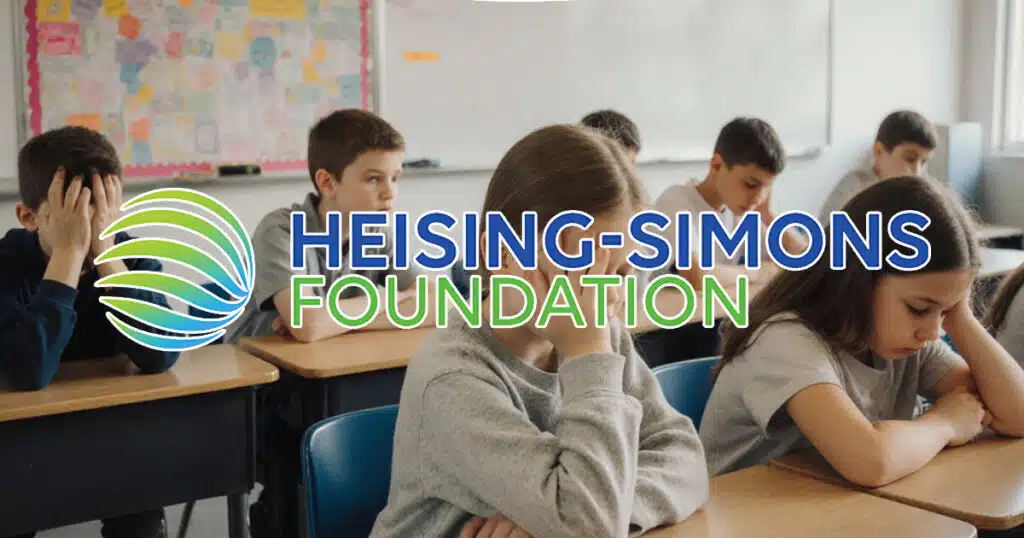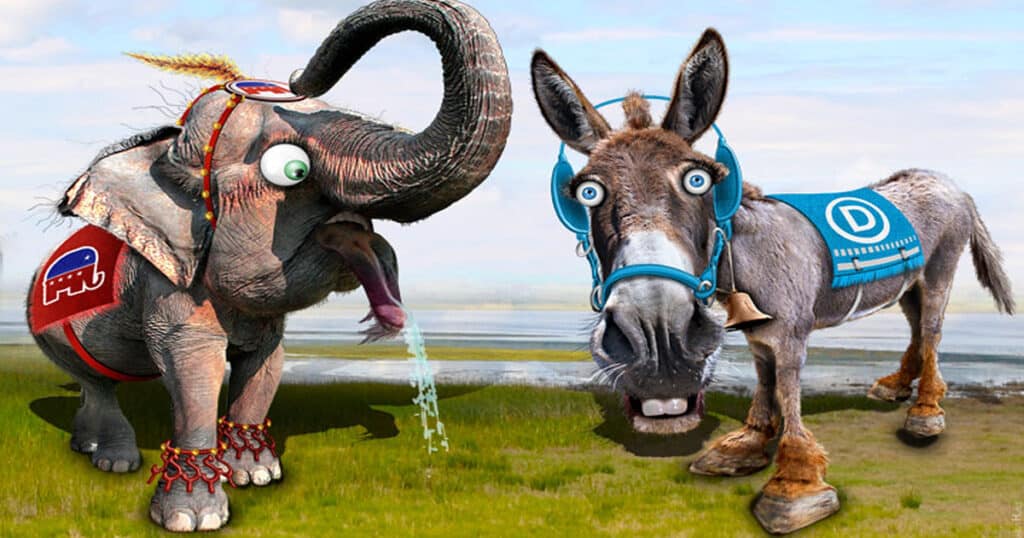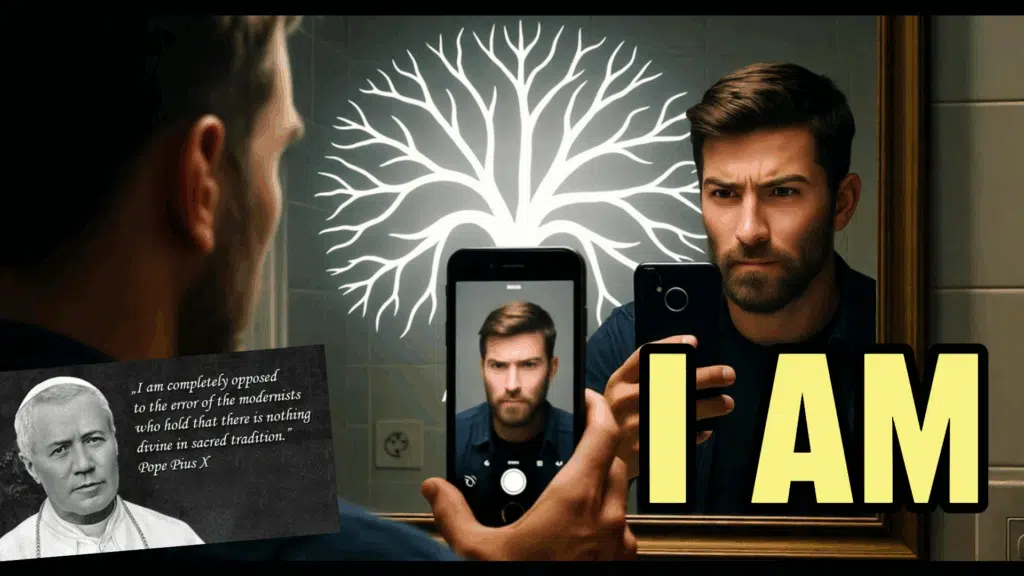
Florida Election Reforms Upheld by 11th Circuit, Overruling Error-Filled Decision by Biased Judge
In a win for common sense and the voters of Florida, the 11th U.S. Circuit Court of Appeals, in a 2-to-1 opinion written by Chief Judge Bill Pryor, upheld several election reforms passed by the Florida Legislature in 2021.
In League of Women Voters of Florida v. Florida Secretary of State, the appeals court on April 27 overruled a lower court decision by Judge Mark Walker, an appointee of President Barack Obama, that was based on “legal errors and erroneous findings of fact.” That was a polite, legal way of saying that Walker was way off-base.
Walker had issued an injunction against four provisions of SB 90, ruling that they violated Section 2 of the Voting Rights Act and were intended to discriminate against black voters in violation of the 14th and 15th Amendments. (One of those provisions was subsequently repealed by the legislature, though, and was not an issue in the appeal.)
Walker also ordered Florida to preclear any future changes to its election laws for 10 years with the U.S. Justice Department or a federal court, giving them the authority to veto any legislation passed by the state legislature and signed into law by the governor, as well as any referenda approved by the voters of the state.
3 Bones of Contention
The three provisions that were the subject of the appeal will:
- Require all drop boxes to be “monitored in person by an employee” of the election office, limited their availability to early-voting hours except for drop boxes located at a county election office, and imposed a $25,000 civil penalty on any election supervisor who violated these rules.
- Prohibit “solicit[ing] voters inside the polling place or within 150 feet of a [drop box] or the entrance to any polling place,” with soliciting defined as “engaging in any activity with the intent to influence or effect of influencing a voter.”
- Require third-party organizations that engage in voter-registration drives to deliver registration forms to election officials “within 14 days after the application was completed by the applicant” and, in any event, before registration closes for an upcoming election.
The idea that any of these requirements, all of which are intended to protect voters and the integrity of the election process, are “discriminatory” is truly bizarre. That’s particularly true of the third provision, which is intended to ensure that voters get properly registered and that organizations such as the League of Women Voters don’t delay forwarding voter-registration applications to election officials. Indeed, it’s a head-scratcher as to why the LWV objected to that provision.
Last year, the 11th Circuit had stayed Walker’s injunction after he issued it in March 2022 while the appeal was pending, so these provisions were actually in effect for last year’s election. But now the court has overruled Walker’s judgment, with only one partial exception, in a decision highly critical of Walker because of the numerous legal errors and unjustified leaps of judgment he made in his ruling.
For example, in deciding that the legislature had passed those provisions with the intention of engaging in racial discrimination, Walker “delved deep into Florida’s past,” going all the way back to laws implemented after the end of the Civil War, according to the appeals court. Walker erroneously cited cases in which “federal courts ruled that these laws were not racially motivated, and in others, the courts never reached the question.” In not a single one of the “cases from this century cited by [Walker] did a court determine that a challenged Florida election law resulted from intentional discrimination.”
Yet Walker “was persuaded otherwise,” saying that Florida’s “long history of racial discrimination”—even though it was all ancient history—“informs its present.” That was an error “from the start,” the appeals court said.
Past Isn’t Always Prologue
Federal courts must remain “mindful of the danger of allowing the old, outdated intentions of previous generations to taint [Florida’s] legislative actions forevermore on certain topics.” Past discrimination is not an “original sin,” said the appeals court, that can be used to “condemn governmental action that is not itself unlawful.”
Walker failed to apply the “presumption of legislative good faith,” and the state’s “more recent history does not support a finding of discriminatory intent.”
Walker also mistakenly dismissed concerns over voter fraud as a legitimate basis for the legislation, which, as the appeals court pointed out, “does not follow our precedents.” Walker’s opinion was wrong for three reasons: 1) Legislatures don’t have to show evidence of past fraud to justify passing legislation to prevent it; 2) The record in the case established “that fraud, including vote-by-mail fraud, has plagued Florida elections in the past”; and 3) the record also showed very clearly that all of the supporters of the bill “sought to prevent the type of fraud that had been observed in Florida and other jurisdictions.”
Walker also dismissed concerns about the security of drop boxes as “nonsensical” despite evidence of vandalism of drop boxes in other states, including “items other than ballots … deposited in drop boxes” that could damage or destroy ballots. Walker apparently ignored evidence from a legislative committee of the “overwhelming” concern from a “bipartisan standpoint” about the security of drop boxes.
The 11th Circuit also held that Walker’s dismissal of legitimate concerns over the chain of custody of mail-in ballots in drop boxes was “unsound.”
The court rejected Walker’s “skepticism” over the need for the anti-solicitation rule because “Florida already bans solicitation.” Walker “ignored evidence in the record that existing restrictions were insufficient to maintain order at the polls.” That included testimony that election officials received “frequent” complaints “from voters about interference within the 150-foot nonsolicitation zone in past elections,” including “performances,” “food trucks,” and “bullhorns,” such that “the scene can become ‘quite chaotic at points.’”
The appeals court noted that such “disruptive activities” were not “covered by the narrow definition of solicitation” in the prior law and held that the provision was not discriminatory.
Statistical Analysis ‘Fatally Imprecise’
Regarding the provision requiring organizations engaging in voter-registration drives to forward voter-registration forms within 14 days, the 11th Circuit concluded that Walker once again ignored the evidence, stating that his opinion could “not withstand clear-error review.” Walker held the requirement was intentionally discriminatory even though “there was no direct evidence of racial animus.”
Instead, Walker summarily (and erroneously) dismissed the justification put forward by supporters of the rule as “not credible,” despite testimony in the record from state election officials about organizations turning in forms “on a fairly regular basis” after the state registration deadline had passed, thus causing the voters to be unable to vote in an election. It should not be surprising, therefore, that the 11th Circuit concluded that the bill “supporters’ justifications were credible” and that “the wisdom of the Legislature’s policy choices” is not up to courts “to judge.”
The appeals court further stated that Walker’s claim that all three of the provisions in question would have a disparate impact on black voters could “not withstand even our deferential review.” The court held that Walker based his conclusion on “statistically insignificant” factors such as a “1.3 percentage point difference in the rate at which black and white voters use drop boxes” that came from a “small and unrepresentative sample” used by the challengers’ so-called expert. In a thorough analysis, the appeals court pointed out the deep flaws in all of the statistical analysis that made it unreliable and “fatally imprecise.”
In conclusion, the 11th Circuit said that Walker’s findings do “not withstand examination.” He relied on “fatally flawed statistical analyses, out-of-context statements by individual legislators, and legal premises that do not follow our precedents.” Florida’s election law changes are neither discriminatory nor unconstitutional, and the state should never have been placed under a requirement of preclearance review of future voting changes, which, the court noted, is “a drastic departure from the principles of federalism” and not justified by the evidence in this case. The imposition of a preclearance requirement, the court held, was “incorrect as a matter of law.”
Although the anti-soliciting provision was neither discriminatory, nor a violation of the 14th or 15th Amendments, the 11th Circuit held that part of the provision was unconstitutional under the 1st Amendment. Banning “engaging in any activity with the intent to influence” a voter was permissible, but the second half of the provision that also prohibited engaging in any activity that has the “effect of influencing a voter” was, the court held, “unconstitutionally vague.” Because the second phrase can be severed from the rest of the anti-solicitation provision, the court held that SB 90 can stand as a permissible, nondiscriminatory, and constitutional statute.
The lone dissenter was Judge Jill Pryor, who is not related to the chief judge, but like Walker is an Obama appointee. Rather than deal with all of the substantive problems raised in the 78-page majority opinion, she issued a one-paragraph dissent in which she simply said that Walker committed “no reversible error” in his “well-reasoned opinion.”
Walker’s opinion was a lot of things, but “well-reasoned” it was not. The 11th Circuit has done a great service by thoroughly analyzing the record and the issues presented and upholding the bulk of Florida’s commonsense election-integrity provisions.



